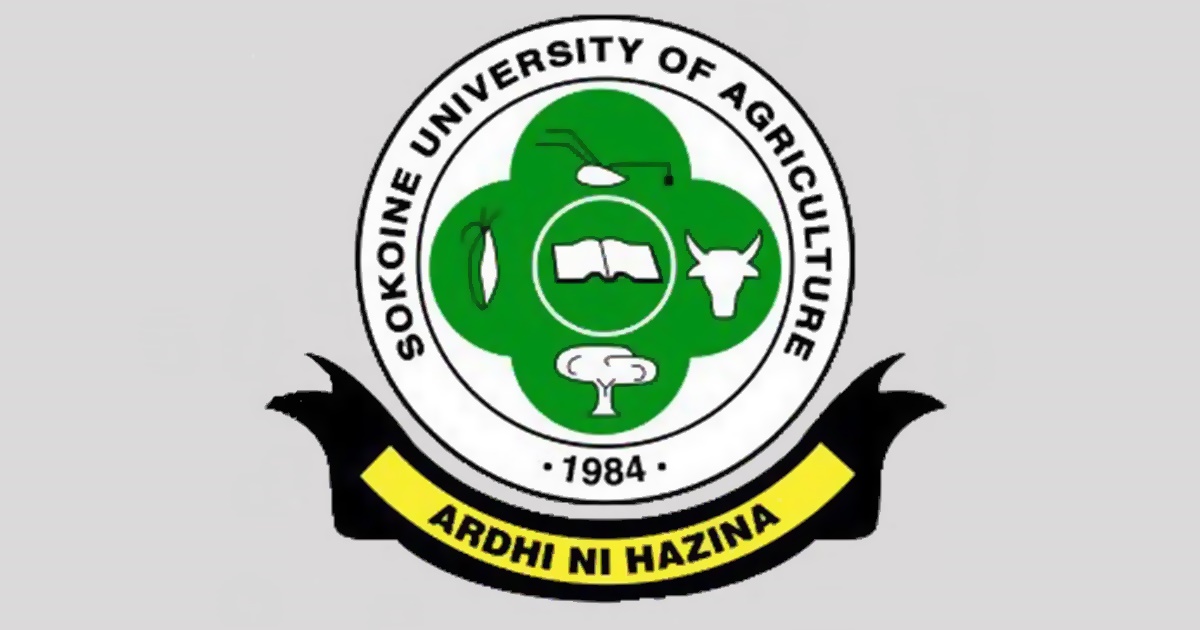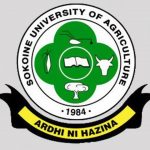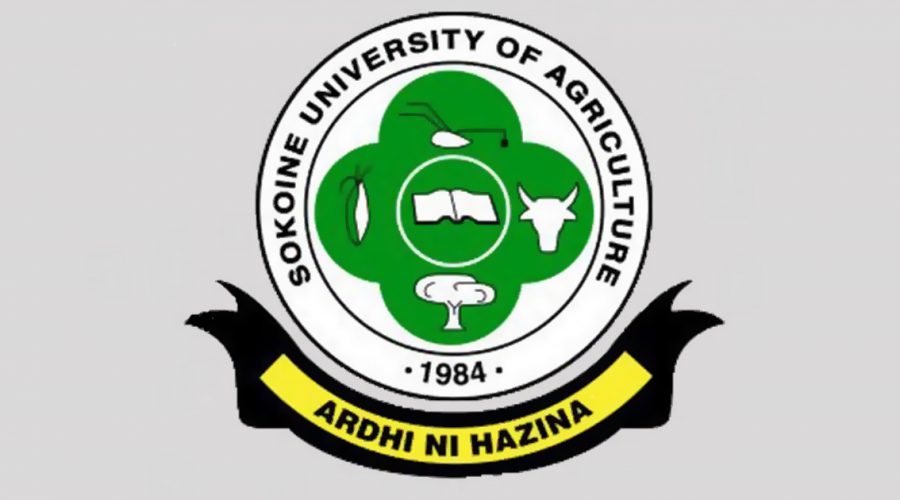Candidate: Kasukura Nyamaka
Kasukura is a specialist in Natural Resources Management and Sustainable Agriculture. Currently is working as postgraduate researcher at the Department of Geography in the College of Social Sciences, University of Dar es salaam. He registered with Sokoine University of Agriculture in July, 2015 in the Department of Development Studies (DDS), College of Social Sciences and Humanities (CSSH)
Thesis Title: Influence of Climate Change Adaptation Strategies on Livelihood Outcomes of Smallholder Farmers: The Role of Rural Institutions in Kilosa Districts, Tanzania
Supervisors: Prof Kim A. Kayunze and Prof. Samwel J. Kabote
Date and Time: 27th October, 2020; 09:30 hrs
Venue: Postgraduate Seminar Room
Mode of defense: Face-to-face/Online
Panelist Team
- Prof. Eliakimu Zahabu (Chairperson)
- Dr. Gimbage E. Mbeyale (Appointee of the Principal)
- Dr. Raymond J. Salanga (Internal examiner who did not supervise)
- Prof. Kim A. Kayunze (Supervisor)
- Dr. Emmanuel T. Malisa (Appointee of the Head)
Summary of Main Findings
Rural institutions in Kilosa District played a big role in helping smallholder farmers to adapt to impacts of climate change, but there is no empirical study which has been done to examine the influence of climate change adaptation strategies promoted through rural institutions in adapting to climate change impacts as well as on livelihood outcomes. This study was conducted in Kilosa District to contribute to this knowledge gap. The study specifically (i) assessed climatic shocks affecting agricultural production (ii) assessed the status of rural institutions (iii) explored climate change adaptation strategies promoted through rural institutions and (iv) determined the influence of climate change adaptation strategies promoted through rural institutions on smallholder farmers household livelihood outcomes.
Although the available meteorological data were less than 30 years but they showed the trend of climate variability and projection of climate change, farmer’s perceptions covered up to 30 years and so addressed the question of climate change and climate shock. A qualitative phase informed a household survey that covered a random sample of 478 household respondents. Qualitative data were transcribed into text and analysed based on the meaning and content of the text. Statistical Package for Social Science (SPSS) was used to analyse quantitative data. The findings showed no significant increase in inter-annual rainfall variability (R2 = 0.203, P > 0.05). Drought was the most important climatic shock which affected farm production followed by diseases and pest.
The findings show that 91.9% of the respondents indicated that presence of rural institutions facilitated networks to members and linked them with different development actors and had been supporting communities with climate change adaptation strategies. The study identified 28 on-farm and non-farm climate change adaptation strategies which were promoted through rural institution and were adopted by smallholder farmers. Those who adopted for more than five years had higher levels of livelihood outcomes and \increases as the number of years for adoption increases. The study concluded that the promoted climate change adaptation strategies stand a better chance for improving livelihood outcomes among smallholder farmers unlike other economic activities.






